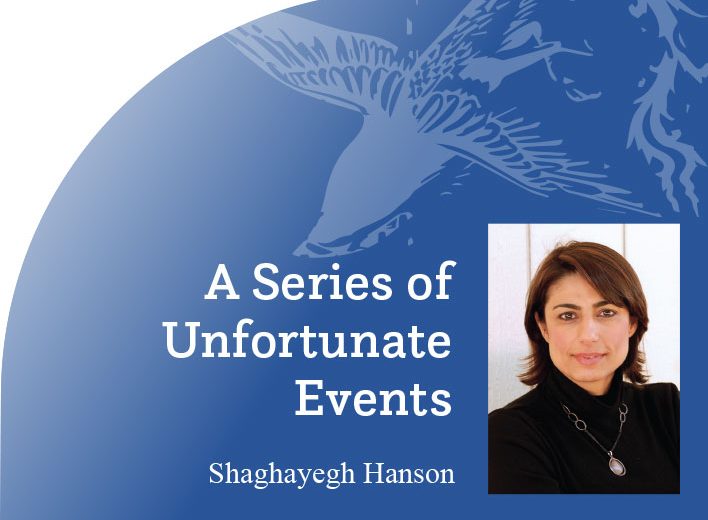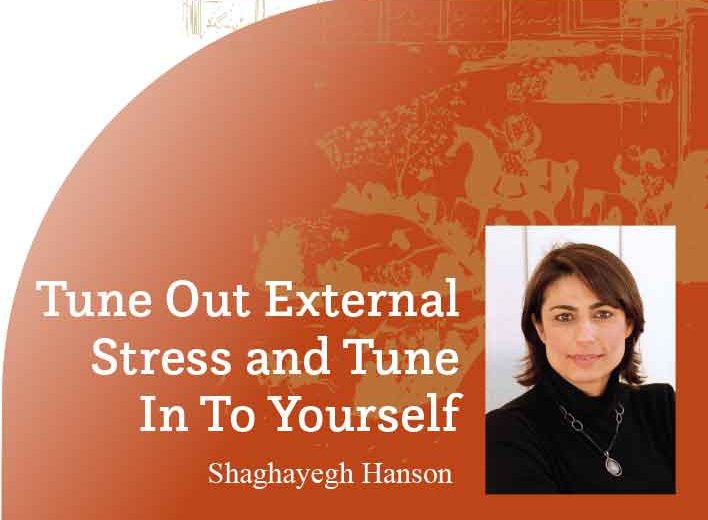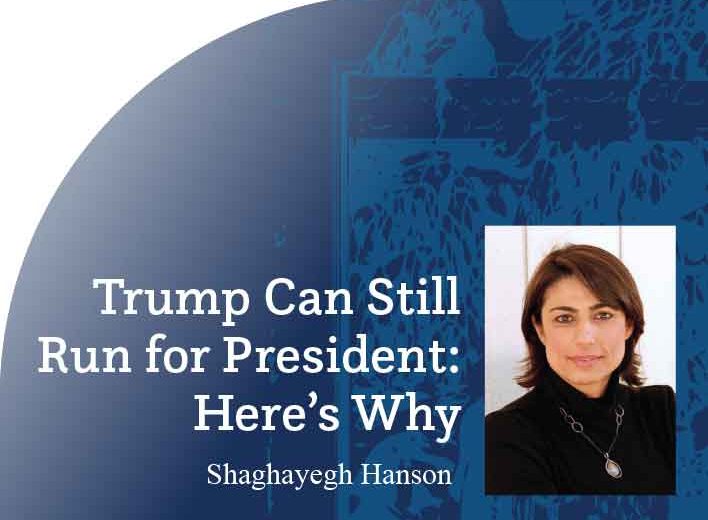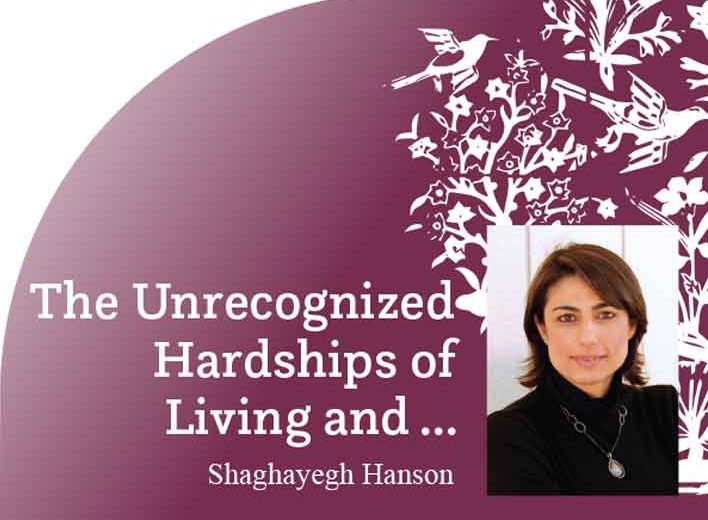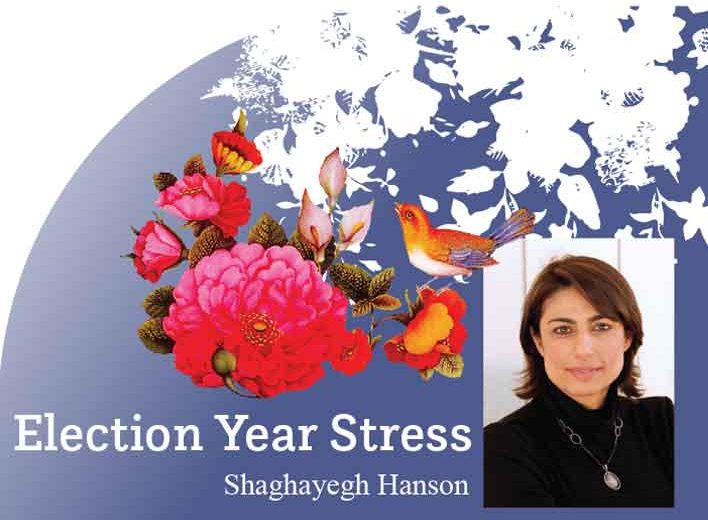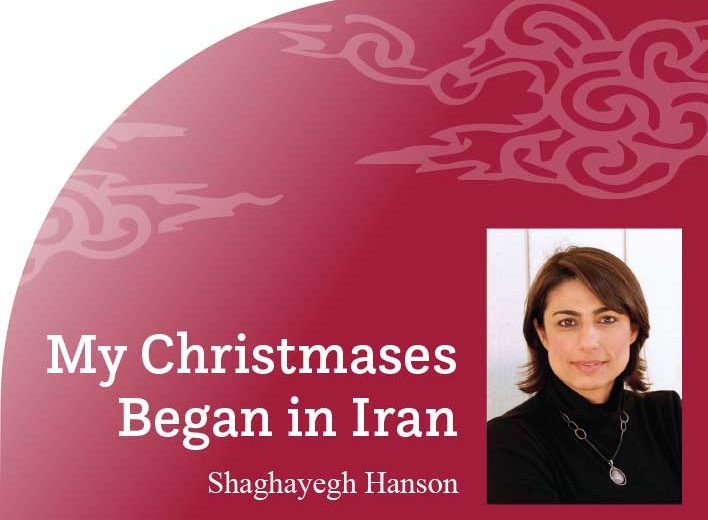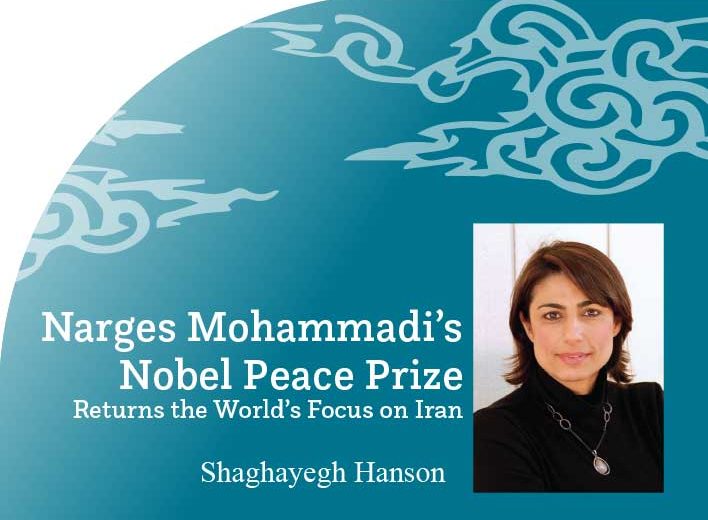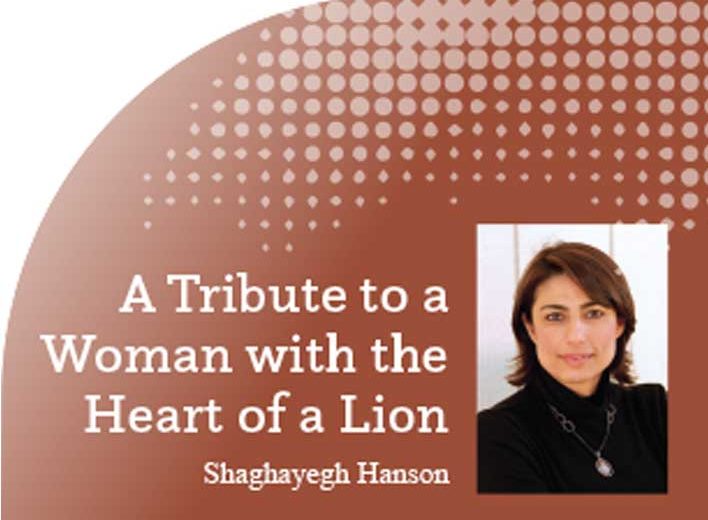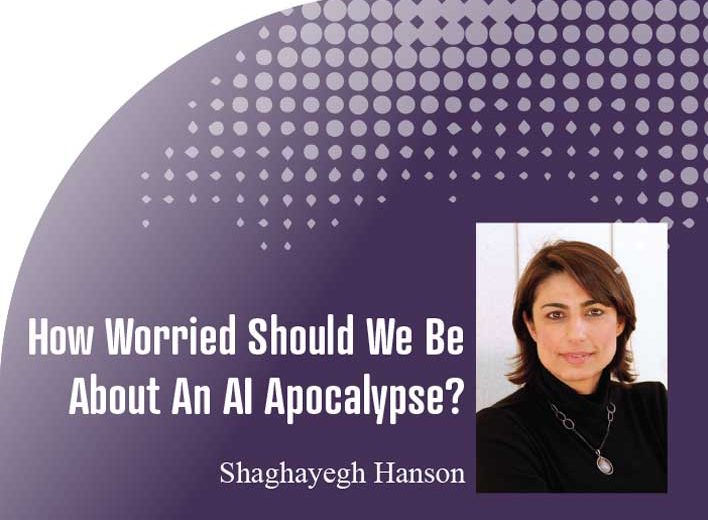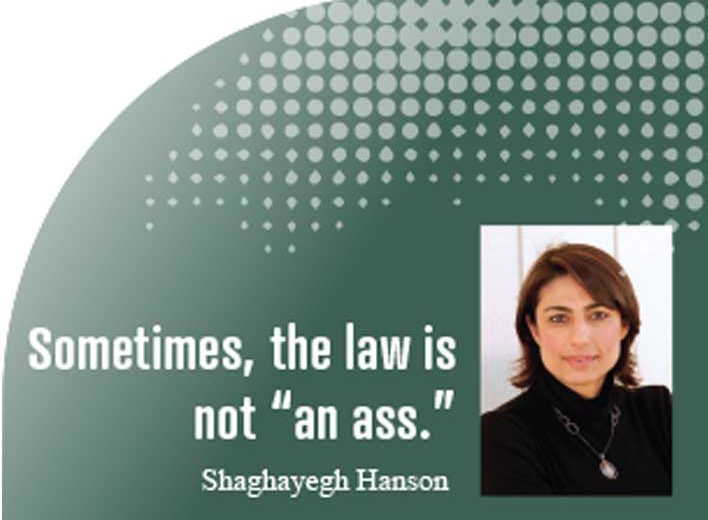By Shaghayegh Hanson
The first time I ever read Peyk, I had two seemingly contradictory sensations. The focus on Iranian culture made me feel homesick for my family, most of whom were in London, but I also felt more at home because the pages I was reading were introducing me to a community, right here, that was deeply resonant of the very one I was missing. The more I read, the more I felt a long-standing cultural void begin to fill. I had been so starved of anything Iranian that I read the entire English section in one sitting, with almost a childlike glee.
Let me back up. When I first moved to the U.S. in the early 90s, I lived in Iowa, the place where my then-new husband was from. It was a culture shock in many ways for a girl from London. For almost a decade thereafter, the only time I got to eat Iranian food or see other Iranians or speak Persian was when I went back to London or visited my relatives in Toronto. I began to equate my presence in America with the absence of all things Iranian. Even cooking Persian food presented obstacles; there were no Persian grocery stores and the regular supermarkets carried a limited choice of spices. And though beef was to be found aplenty, lamb was neither available nor desired by Midwesterners.
Don’t get me wrong, I loved my time in Iowa. I spent my entire 20s there, establishing a rewarding career, making lifelong friends, and gaining an appreciation for the outdoors and nature. But being an anomaly was slowly creating a lonely place inside me, the size of which grew over the years. I didn’t know how much I missed my ethnic side or needed it until it was gifted back to me that first time I read Peyk and realized I wasn’t alone in that need. The fact that there was an English language side was key. Having left Iran at the age of six, I wasn’t schooled in reading or writing Persian and Peyk accommodated for that, an inclusive gesture that acknowledged the evolution of our collective immigration story. I have yet to come across another Iranian American publication that affords due respect to Iranian voices expressed in English. As our second and third generations come to dominate our cultural landscape, Persian-language-only publications will be excluding the majority of those in our communities.
After that first time reading Peyk, I expressed my gratitude to Ali Sadr, editor-in-chief, then and now. The rest is history. He asked me to submit an article and pretty soon I had my own column, a place where I felt safe and understood as I shared the ups and downs of straddling the chasm between Iranian and Western cultures. Over the years, the focus of my articles changed and I grew as a writer. Peyk not only gave me a home, but it nurtured an abiding love for culture and community, a love that motivates our writers and guides our board. To Shahri Estakhry, Reza Khabazian, and Rahim Mohammady, who got this party started in the first place, you are the giants and visionaries upon whose shoulders we stand. Thank you. And to our beloved readers, this house was built for you, may you always feel at home here.


